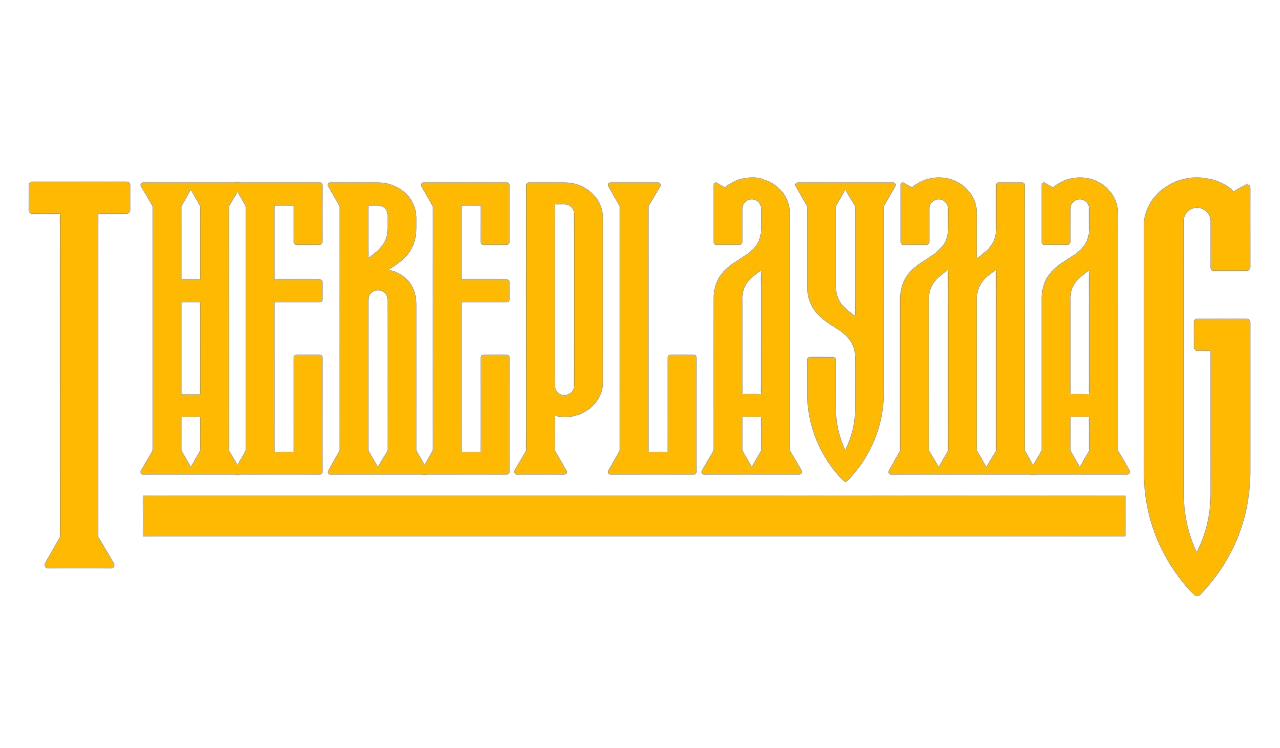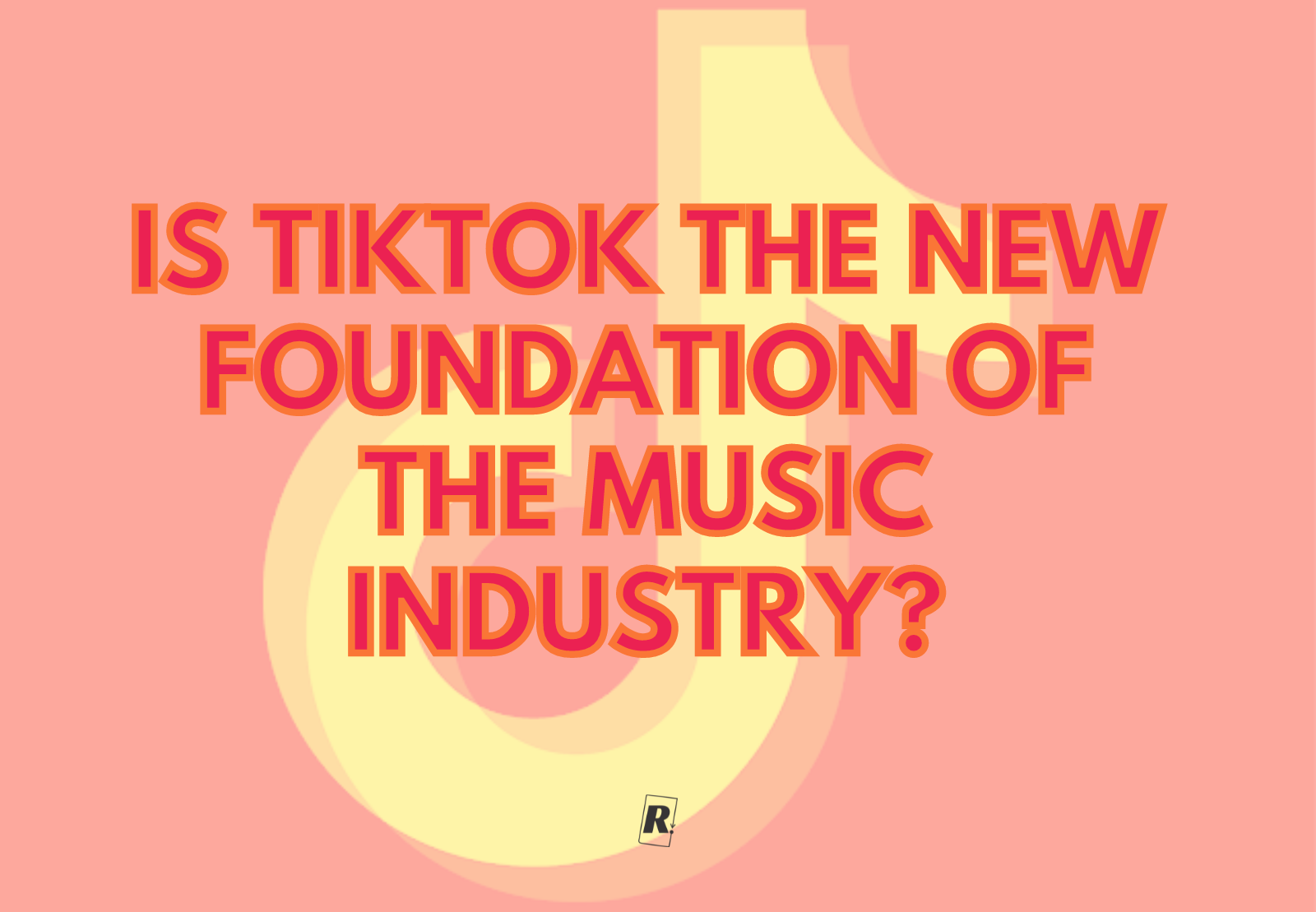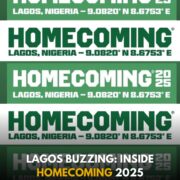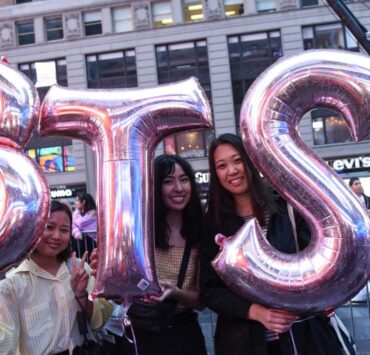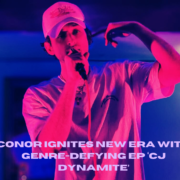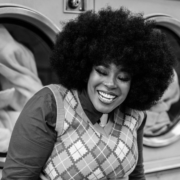With over two billion downloads, TikTok is at the forefront of social media. Focusing primarily on short-form video content, TikTok is a sanctuary for people to share their daily lives, dance videos, fan edits of their beloved celebrity crush, makeup tutorials and most importantly, partake in the latest meme trend that is dominating the For You Page, otherwise known as FYP.
TikTok trends can contain various distinctive features, for example a clip from the 2001 movie Zoolander has become popularised to portray relatable moments in our day to day lives. Alternatively, trends can derive from humorous filters from the TikTok app- such as the fake text message filter- used to prank partners, friends, or family. Nonetheless, the vital and most popularised form of content is the music industry; as music can be interpreted as an entertaining form of storytelling, users have favoured using songs with relatable lyrics to fit their tone of video. For instance, the rapper Eminem, known for his artistic ad libs and flow, is the perfect example of using lyricism to manifest an extensive meme format. Other artists include Taylor Swift, Nicki Minaj and Billie Eilish as their lyrics to offer a meme-worthy moment to garner attention on the FYP. Artists such as Tiagz have built a following of 4.2 million after consuming TikTok as a source of inspiration, aiming to incorporate meme- worthy lyrics to access the apps mainstream algorithm and appease Gen Z humour.
It’s important to note that when songs become popular, they tend to overlap in many genres of TikTok, from fan edits to makeup looks. This shows that a lot of the time a song doesn’t need to have specific lyrics that fit certain audiences but is generally well-liked by app users. Whilst it is a benefit for musicians that their work is being recognised, or their older tracks are getting re-acknowledged, it provides a warped sense of love and support as it have become diluted to nothing more than a ‘TikTok song’. For instance, YouTube comment sections on decade-old songs have become flooded with ‘who came here from TikTok?’ or ‘who else came for 2:34?’, i.e., the popularised part of the record that has dominated TikTok at that given moment.
Evidence suggests that trending songs on TikTok tend to chart on the Billboard Hot 100 chart, and users are 67% more likely to search for tracks on music streaming sites after hearing them on TikTok. These findings are heavenly music to record companies’ ears, particularly considering the costly budget of traditional marketing and promotion. TikTok is deemed the gold mine for records to go viral at a low-cost and can rely on user-generated content to keep the metaphorical ball running and promote the material with minimal work. As Gen Z dominate the app- accounting for 60% of users- their extensive background and awareness of digital strategies and trends make them the best marketing teams that record labels never had. Not only do they have innovative and unique takes of advertising, but their engagement rates are also significantly higher compared to users on Twitter, Facebook, and Instagram.
Artists vs TikTok
Although this new avenue of publicity is a haven for both record labels and also independent artists, there is growing disdain from established artists that are more suited to traditional forms of media and promotion as opposed to the growing phenomena of viral marketing.
Singer and songwriter Halsey has openly posted their issues regarding TikTok, in which her record company refused to release their single unless they produced a fake viral moment on TikTok. Other artists such as Charli XCX, Florence + The Machine and FKA Twigs have voiced their exasperation with the high volumes of TikTok’s they are required to post in order to maintain relevancy and hype in a highly fragmented world of music and entertainment. As the power of marketing is now in the hands of Gen Z, it is vital to recognise the dynamic of the modern-day consumer.
Objectively speaking, Gen Z typically have shorter attention spans due to endless scrolling of videos- until a short clip catches their eye for several seconds, or if they’re lucky: a minute. After a short burst of entertainment, the user gets bored and continues to mindlessly scroll to find the next amusing video. This dynamic is no match for the extensive, long-form advertising in pre-TikTok days, therefore the pipeline of promotion has switched from ‘record label to consumer’ to ‘artist to consumer’ in order to maintain a gram of attention from society’s preoccupied generation. Although many conspire that such candid statements from artists about TikTok is a publicity stunt in itself, there is no doubt that TikTok has become a superficial tool for artists to market themselves as relatable and meme-worthy. Whilst control over creativity has strengthened, the boundaries between an artist’s work and the artist’s personal life has become blurred.
Mix and Match
Alongside old songs re-emerging from the past, remixes have also become a popularised format on TikTok. Jacquelyn Schwartz, leading music partnership director of marketing agency Creed Media has argued that remixes are the new age of marketable music; “A song can have an entirely different sentiment, application, audience, everything when it is remixed, which really just provides it an entirely new life”. Whilst many users, including myself, think nothing of the growing number of remixes to popular songs, it has become apparent that this is a strategic marketing scheme in which record labels collaborate with remix artists to amplify consumer awareness and hype on TikTok. Whilst there is a benefit that artists have an increased chance of going viral and dominating online territory in a sandstorm of aspiring musicians, there is a risk that the artists own creative concepts are compromised and the original records can be rejected for TikTok remixes.
The Viral Infection
Before the ‘day in the life’ vlogs and the ‘clean girl’ makeup tutorials, the foundation of the app was built on dance challenges. Although this was merely an amusing trend for users to partake in, record labels have once again latched onto this medium and have utilised popular songs to construct dance challenges in order to boost streaming numbers. For instance, the Kiki Challenge, popularised by Drake’s song ‘In My Feelings’, involves jumping out of a moving car and dancing alongside the door. Although considered a danger hazard after numerous users sustained injures, the challenge was attempted by millions of users and reached number 1 on the US Billboard Hot 100.
Lil Nas X also uploaded ‘Up Town Road’ as a humouorus song and was soon associated with TikTok dance challenges. The track soon went viral and was a massive success, going on to win a Grammy, 15x platinum RIAA certification, and a No1 position on the US Billboard Hot 100 for 19 consecutive weeks- the longest uninterrupted No1 record in history. Whilst it was never confirmed that these particular dance challenges were artificially produced, it gave record companies another viral tactic under the belt in order to achieve marketing hype without breaking the bank. For instance, Ed Sheeran and TikTok collaborated to create the #BeautifulPeople challenge, racking up 300 million views in under six days; this concludes that even staged, PR campaigns can be considered as successful as organic challenges- maybe not on an ‘OId Town Road’ level of success, but remarkable nonetheless.
Can we beat the clock?
TikTok is showing no signs of slowing down, and is instead relishing in their mounting power in the music industry- recently releasing an Artist Handbook to guide aspiring artists, creators, and musicians to navigate TikTok and utilise resources to get the most out of the app. Although the music industry is beginning to assimilate with the contemporary marketing blueprint that has evolved over the past couple years, it is vital to understand that the target audience is surrounded by millions of messages a day. Although record labels are doing an impressive job in infiltrating the minds- and phones- of the distracted consumer, it won’t be long before another new-fangled app dominates the App Store, and consumers will become accustomed to an altered structure of communication and promotion.
To put it bluntly, the music industry has unintentionally placed more power, or maybe all power, to the consumer hands. Whilst marketing is cheaper, the effort is greater, and ironically the record labels will be the ones finding their voice in this fragmented app.
What's Your Reaction?
Want to get featured. Send your work to submit@thereplaymag.com
